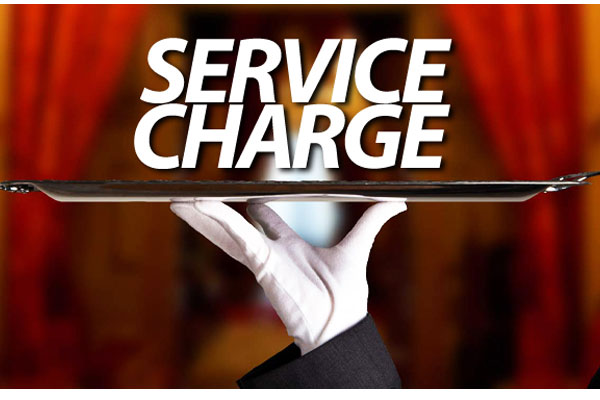Naveena
After enjoying a delicious meal, billing is a petrifying especially with the service tax and the service charge accounting to almost 30% of the bill. While service tax goes to the government, the service charge goes to the restaurant owner’s bag. The government today issued a clarification that it is at the consumer’s discretion to pay the service charge.
Union Minister of Consumer tweeted “Restaurants are billing service charges in addition to taxes. Service charge is optional. Consumer has a discretion to pay or not.”
If one is not satisfied with the service, they can refuse to pay the service fee. The service charge covers facilities given by the restaurant like Valet Service, Waiting Charge, Hospitality charges. In an ideal world one is not obliged to pay any tips to the waiters/valet. This charge is generally shared among the staff and the restaurant owner might have their own calculations in this regard.
The Hotel Association of India said that the service charge is completely discretionary and should a customer be dissatisfied with the dining experience he/she can have it waived off. Therefore, it is deemed to be accepted voluntarily.
However, if the service charge is mention in the menu, it has to be paid. Restaurants normally carry the board like “admission restricted” or “admission reserved”. When you enter the premises in such cases you are agreeing to the rules and regulations of the place since the admission was restricted in the first place. This also implies that you have agreed to the rules of the establishment whether written or not. Consequently, we cannot refuse to pay service charge because it is clearly mentioned beforehand and by ordering we are accepting the terms of the restaurant.
The condition is mentioned as a footnote, which consumers generally tend to skip. However, if the restaurant is charging service charge without expressly mentioning about the same, then you can deny paying.
The Department of Consumer Affairs has asked the State Governments to sensitise the companies, hotels and restaurants in the states regarding the service charge provisions of the Consumer Protection Act, 1986 and also to advise the Hotels/Restaurants to disseminate information through display at the appropriate place in the hotels/restaurants that the ‘service charges” are discretionary/ voluntary and a consumer dissatisfied with the services can have it waived off.

























